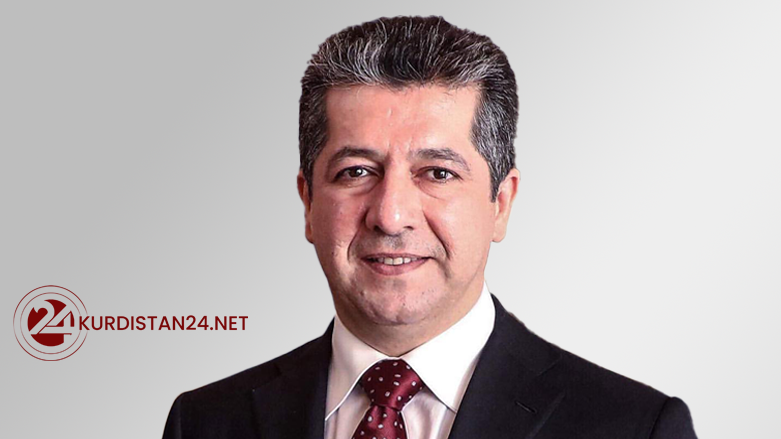PM Masrour Barzani pays tribute to the legacy of UN Security Council Resolution 688
“UNSC 688 allowed the delivery of humanitarian aid to our people stranded in the mountains and paved the way for us to govern on our own terms."

ERBIL (Kurdistan 24) – On Wednesday, the Prime Minister of the Kurdistan Region, Masrour Barzani, commemorated the 32nd anniversary of the passing of UN Security Council Resolution 688 on April 5, 1991, which followed the conclusion of the Persian Gulf War.
UNSC 688 allowed the delivery of humanitarian aid to our people stranded in the mountains and paved the way for us to govern on our own terms. pic.twitter.com/JDhNko8fVg
— Masrour Barzani (@masrourbarzani) April 5, 2023
“UNSC 688 allowed the delivery of humanitarian aid to our people stranded in the mountains and paved the way for us to govern on our own terms,” he said in a tweet.
Read More: 30th anniversary of UNSCR 688, paving way for today’s Kurdistan Region
In late March 1991, nearly 1.5 million people from the Kurdistan Region fled to the borders of Iran and Turkey from the Baathist oppression.
The situation urged the UNSC to adopt Resolution 688 on April 5, 1991, which created a no-fly zone over the Kurdistan Region. The Resolution was adopted by ten votes, while Yemen, Cuba, and Zimbabwe voted against the decision and China and India chose abstention.
The resolution is unique in that it explicitly referenced the Kurds, and later served as the foundation for the creation of the Kurdistan Region Government (KRG).
The people of #Kurdistan abandoned their homes, fleeing to the mountains to escape Ba'ath regime's brutal oppression 32 years ago.
— Safeen Dizayee (@SafeenDizayee) April 5, 2023
Heart-rending scenes witnessed the mass exodus of April 5, leading to #OPC, Safe Haven under #UNSCR688. Thanks to media outlets & our intl. friends. pic.twitter.com/bL2usPhC7G
Safeen Dizayee, Head of the KRG Department of Foreign Relations, also tweeted that the “people of Kurdistan abandoned their homes, fleeing to the mountains to escape the Ba'ath regime's brutal oppression 32 years ago.”
“Heart-rending scenes of the mass exodus of April 5, led to OPC, and Safe Haven under UNSCR688. Thanks to media outlets and our international friends.”
French Consul General in Erbil, Olivier Decottignies, tweeted that the United Nations Security Council Resolution 688 was adopted by France’s initiative to organize international support for civilian populations fleeing Baathist repression. “It remains the foundation of our friendship with the Kurds.”